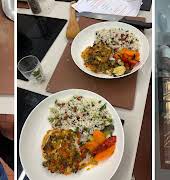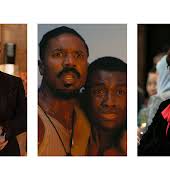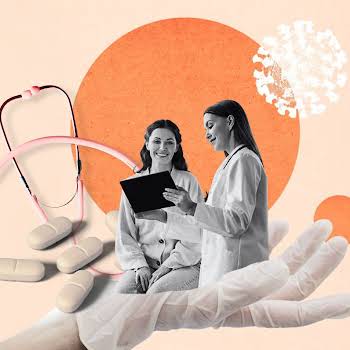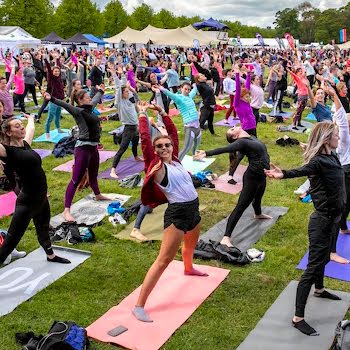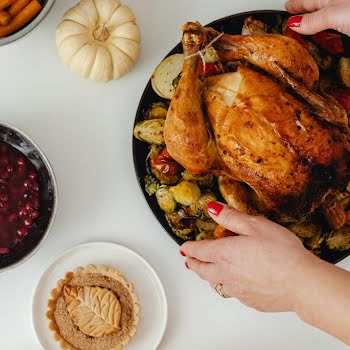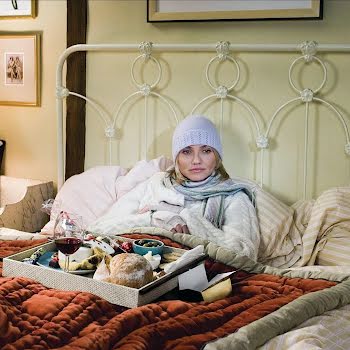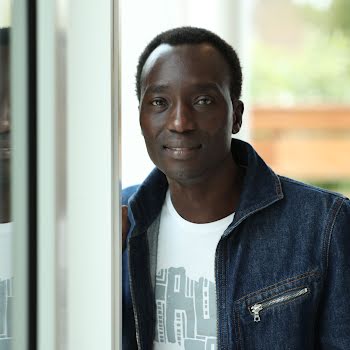Ask the Doctor: ‘There’s a history of breast cancer in my family, and national screening starts at 50, but should I get things checked sooner?’
By Sarah Gill
06th Jun 2023
06th Jun 2023
All your burning health questions answered by the professionals.
“There is a history of breast cancer in my family. This is something my grandmother, mother and some aunts have suffered from, being diagnosed anywhere between 47 and 69. I know that national screening starts for this when I turn 50 in a few years. Due to my family history, should I start getting things checked sooner?”

Answer from Dr Lisa Prior, Consultant Medical Oncologist at Beacon Hospital.
Your family history suggests you may benefit from earlier screening (i.e. screening before the age of 50). I would advise that you attend your GP who can link you in with a family risk assessment clinic at your nearest specialist breast centre.
These clinics cater for people at risk of familial breast cancer. Familial breast cancers occur in families more often than would be expected in the general population. They are often diagnosed at an earlier age and may indicate the presence of a hereditary gene mutation. These are passed down from parent to child and account for 5-10% of breast cancers. Familial cancers may also arise secondary to a combination of shared genetic, lifestyle and environmental factors.
In general, if you have no personal history of breast cancer, a family risk clinic referral may be advised if you have one of the following:
- A first degree relative (parent, sibling, child) with breast cancer under 40 years of age
- A first degree relative with bilateral breast cancer (cancer in both breasts)
- A male relative with breast cancer
- A relative with breast cancer and a relative with ovarian cancer on the same side of the family
- Three first or second degree (grandparents, uncle/aunts or niece/nephews) relatives who have had breast cancer under 60 years of age
- A relative who has been diagnosed with a breast cancer gene (e.g. BRCA 1 or 2)
People who have Jewish ancestry, a relative with sarcoma under 45 years of age, a family history of gliomas (type of brain tumour)/adrenal cancers or multiple cancers in the family at a young age may also qualify for referral.
As part of this service, patients are allocated into a low, medium or high-risk group on the basis of a family history questionnaire and a specialised computer programme. Specific recommendations exist for each group based on international guidelines and research. All patients are advised on an appropriate screening plan according to their risk group. Information is also provided regarding breast awareness/self-examination and lifestyle optimisation.
People who are deemed high risk based on their family history may also be offered a referral to a specialist genetics clinic for genetic testing. This consists of a blood test that can identify hereditary gene mutations such as BRCA 1 and BRCA 2 that significantly increase the risk of developing breast cancer. Patients may also be counselled on strategies to reduce their future risk of cancer which include preventative surgery and medication.
Have a question for the professionals you’d like answered? Get in touch with sarah.gill@image.ie with the subject headline ‘Ask The Doctor’.

